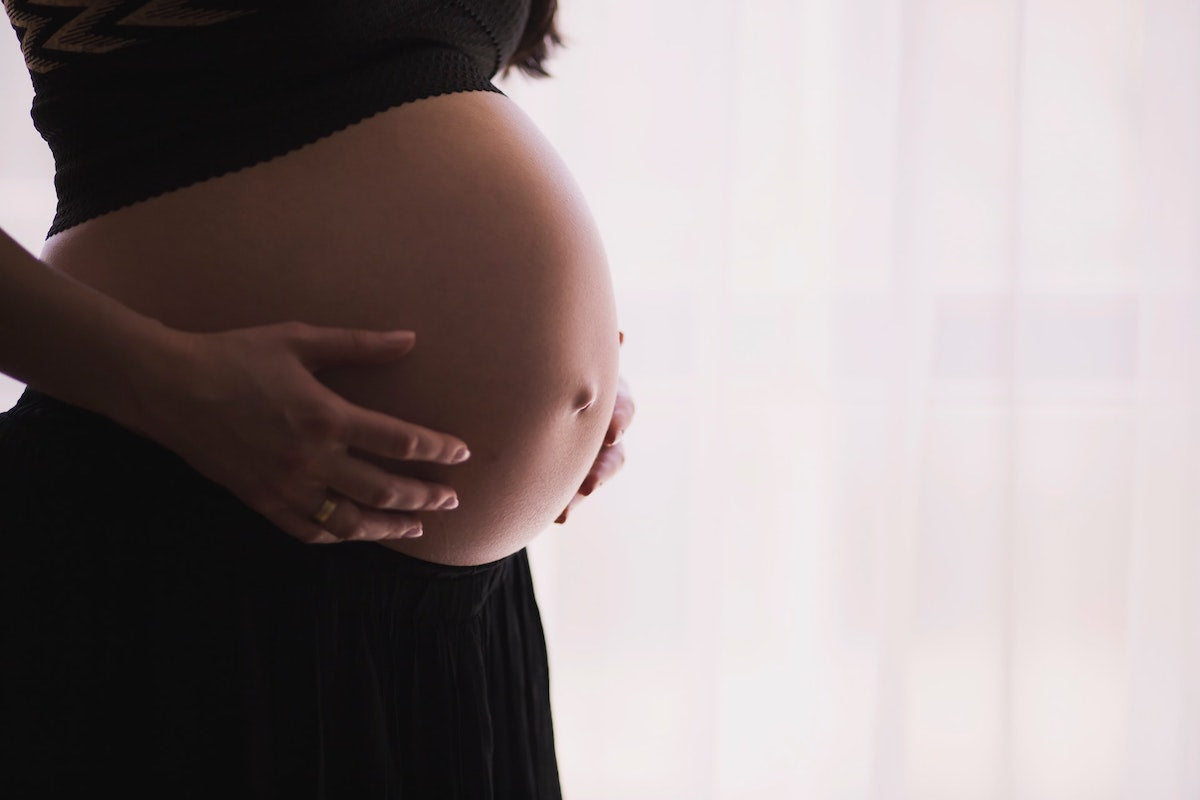Pregnancy Diet: The Best Pregnancy Foods and Supplements

Pregnancy Diet: The Best Foods & Supplements for a Healthy Pregnancy
Introduction
Having a baby can be one of the most exciting times in a woman's life, but it also comes with significant changes to her body and diet. During pregnancy, your body needs more nutrients than ever to support the growing baby and ensure you remain as healthy as possible.
The key is finding the right balance between eating enough for both without overdoing it or eating unhealthily. What should you eat during pregnancy? What supplements do you need to take? This blog post will answer all these questions and more, so read on to learn how to get the best nutrition possible during your pregnancy.
What foods to eat during pregnancy
Pregnancy is a time of significant change for your body. Your diet should be full of nutrient-rich foods that will support the growth and development of your baby. Here are some of the best foods to eat during pregnancy:
Fruits and vegetables: Fruits and vegetables are packed with vitamins, minerals, and antioxidants, all essential for a healthy pregnancy. Eat a variety of fruits and vegetables every day to get the most benefit.
Whole grains contain fiber and other essential nutrients for a healthy pregnancy. Choose whole-grain bread, pasta, and cereals.
Lean protein: Lean protein provides the building blocks for your baby's growth and development. Good lean protein sources include chicken, fish, tofu, legumes, and eggs.
Dairy: Dairy products are an excellent source of calcium, which is needed for strong bones and teeth. Choose low-fat or fat-free dairy products to keep calories in check.
Nuts and seeds: Nuts and seeds are a good source of essential fatty acids, protein, vitamins, and minerals. They're also a good snack option when you're pregnant. Just be sure to choose unsalted nuts to avoid excess sodium intake.
What supplements to take during pregnancy
There are a few supplements that are essential for pregnant women, and these include folic acid, iron, and calcium.
Folic acid is essential for developing the neural tube and helps prevent congenital disabilities in the brain and spine. The recommended amount is 400 micrograms per day.
Iron is essential for producing hemoglobin, which carries oxygen in the blood. Iron deficiencies can lead to anemia, which can cause fatigue and other problems. The recommended amount of iron during pregnancy is 27 milligrams per day.
Calcium is essential for the development of bones and teeth. It also helps to prevent preeclampsia, a condition that can be dangerous for both the mother and baby. The recommended amount of calcium during pregnancy is 1000 milligrams per day.
How to stay healthy during pregnancy
Assuming you are referring to diet and not physical activity:
Pregnant women need about 340 extra calories daily during the second and third trimesters. That's roughly nine added servings of food a day, on top of what she ate before she got pregnant. The quality of those calories is essential now.
In addition to eating more often, a pregnant woman should also pay attention to what she eats. She needs foods high in certain nutrients, including folic acid, iron, and calcium.
Folic acid helps prevent congenital disabilities in the baby. Good sources of folic acid include leafy green vegetables, legumes (such as beans), nuts, and fortified foods (such as breakfast cereals).
Iron is needed for the baby's growth and the mother's blood supply. Pregnant women need 27 mg of iron daily, twice the amount they need when they're not pregnant. Good sources of iron include lean meat, poultry, fish, beans, spinach, fortified bread, and cereals.
Calcium helps build strong bones and teeth for both the mother and the baby. Good sources of calcium include milk, yogurt, cheese, dark-green leafy vegetables (such as broccoli), tofu (soybean curd), almonds, and fortified cereals.
Conclusion
Eating a healthy and balanced diet while pregnant is essential for your and your baby's health. Including all the necessary vitamins, minerals, proteins, and carbohydrates are critical to ensuring you get the nutrition you need during this particular time.
Consider incorporating some of these pregnancy-friendly foods into your meals so that you can provide yourself with optimal nutrition throughout your pregnancy journey. Careful planning and practice make it possible to have a healthy lifestyle while pregnant!
